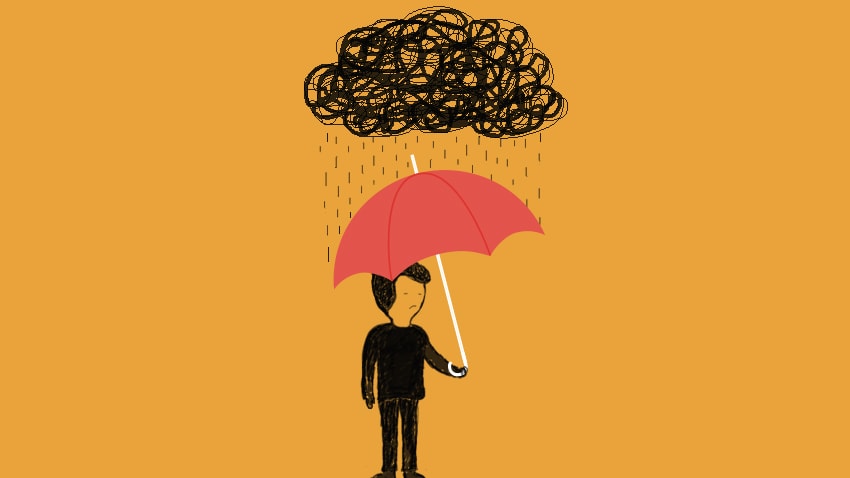After the Death of a Spouse

contributed by Kristin A. Meehof
7 Ways to Maintain Your Sanity
After losing a spouse, it’s normal to feel alienated and alone. A social worker, writer and cancer widow offers her tips for healing.
Although I don’t know which circumstances led to your partner's death, I know that you probably feel no one can relate to your pain. I've been there myself.
When I was 33, my husband died unexpectedly. He had a rare form of adrenal cancer and despite being treated by experts in the field at the University of Michigan Rogel Cancer Center, his illness took his life in less than a month.
I spoke to more than 100 widows about their experiences. Whether you are in the first days of your loss, the first weeks or the first years, my book, A Widow’s Guide to Healing was written to help you through it.
After the first week or so, the reality and weight of your situation will start to sink in. When I reached that point, I wanted to go to the doctor and get a prescription that would make me feel just like I had before Roy died. Sadly, no one has the ability to restore us to feeling 100 percent -- only time can do that.
Life continues around you. Friends, acquaintances and business associates of your partner may be contacting you for various reasons. In all your interactions during this time, keep these suggestions in mind:
Don’t try to be a people pleaser. Be polite, but say no when needed to save yourself unnecessary stress, worry or responsibility.
Don’t speak negatively about yourself. Stop the inner critic. Treat yourself as you would a best friend in a similar situation. That means being kind to yourself.
Trust your gut. After your loss, you may second-guess yourself. Stop and listen to your instincts. Trust yourself to know what’s best for you.
Breathe. It may sound cliché, but this simple action will help ground you. This is your therapy for now.
Get a notebook, and each day write down what you did, to the best of your recollection. There will be unusual phone calls and conversations that you may need to reference later. You can easily go back to the page and recall the date and conversation.
Accept help. Go ahead, say yes to that free haircut or the friend who wants to take you to dinner. You need the companionship, and it keeps valuable relationships intact.
Give yourself grace. Nourishing yourself with kind words of understanding and compassion is not only healthy, it is also wise.
About the Author: Kristin A. Meekhof
Kristin A. Meekhof is a licensed clinical social worker and author of The Widow’s Guide to Healing, published in 2015. Her writing has appeared in Organic Spa magazine, Huffington Post, and Psychology Today, among other outlets. Meekhof also advises on the Patient and Family Centered Care program at the University of Michigan Rogel Cancer Center, a group that champions initiatives that help create more patient-centric care.
